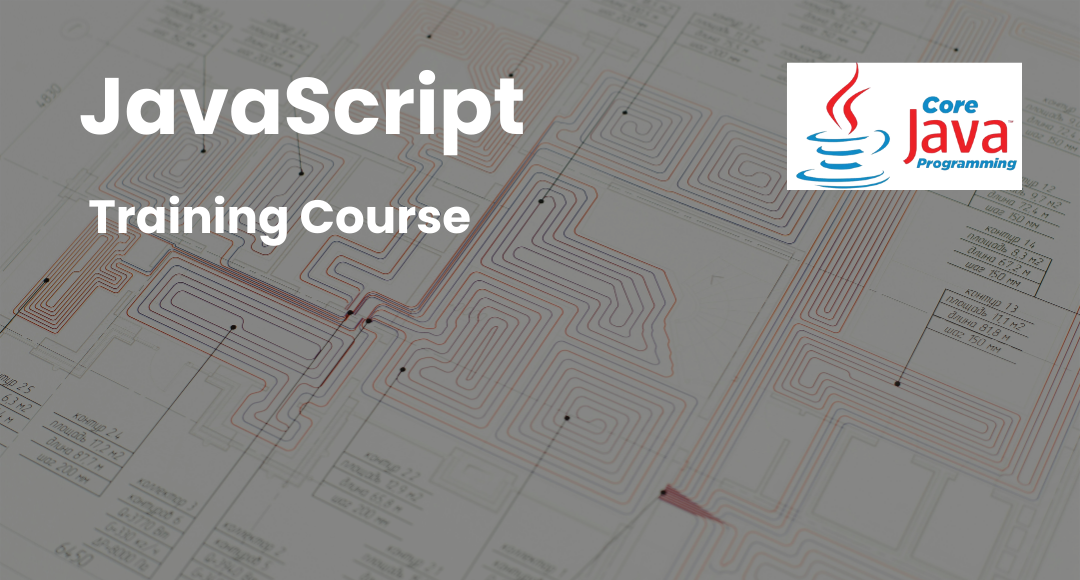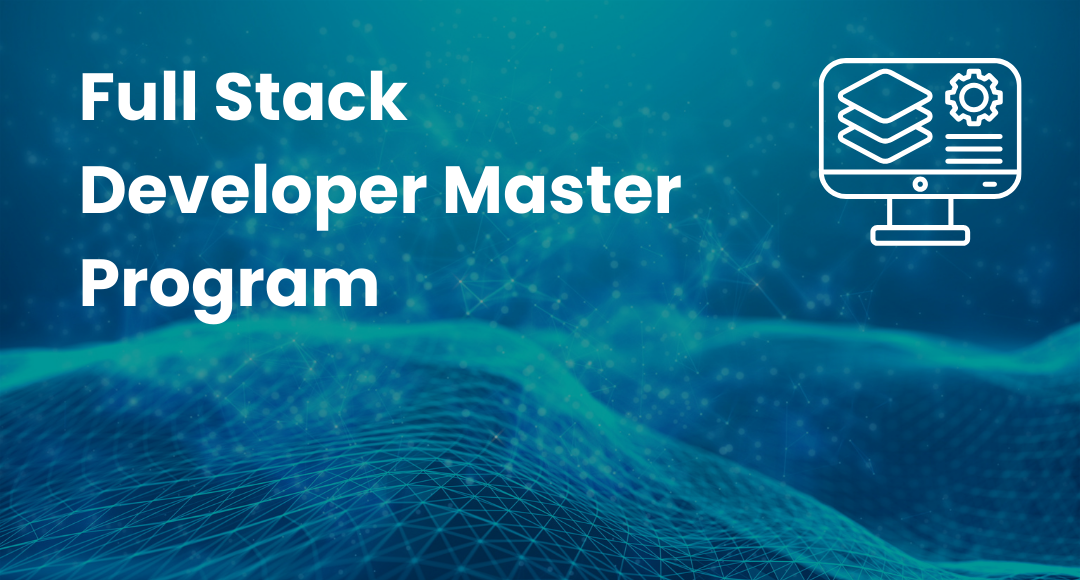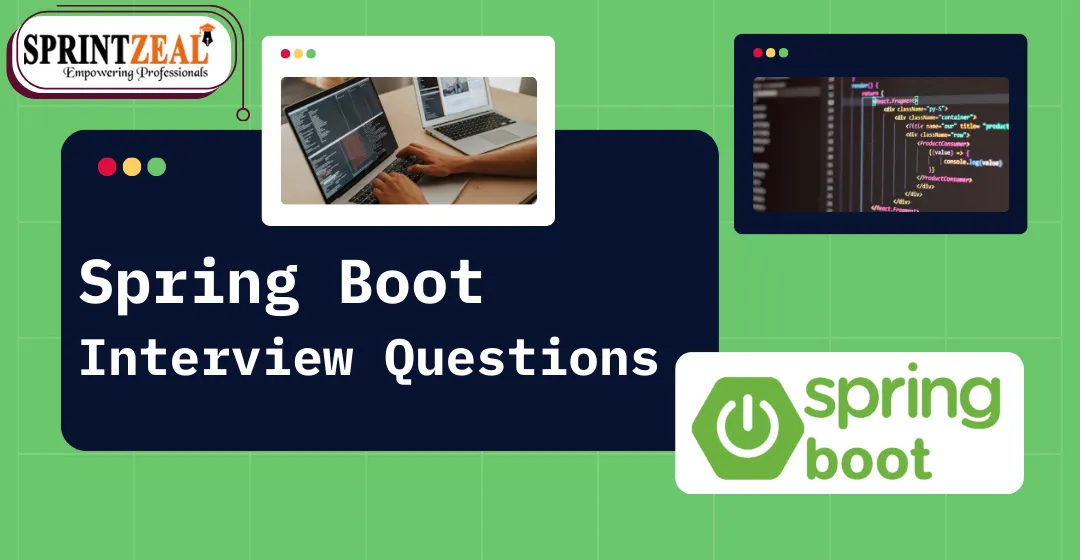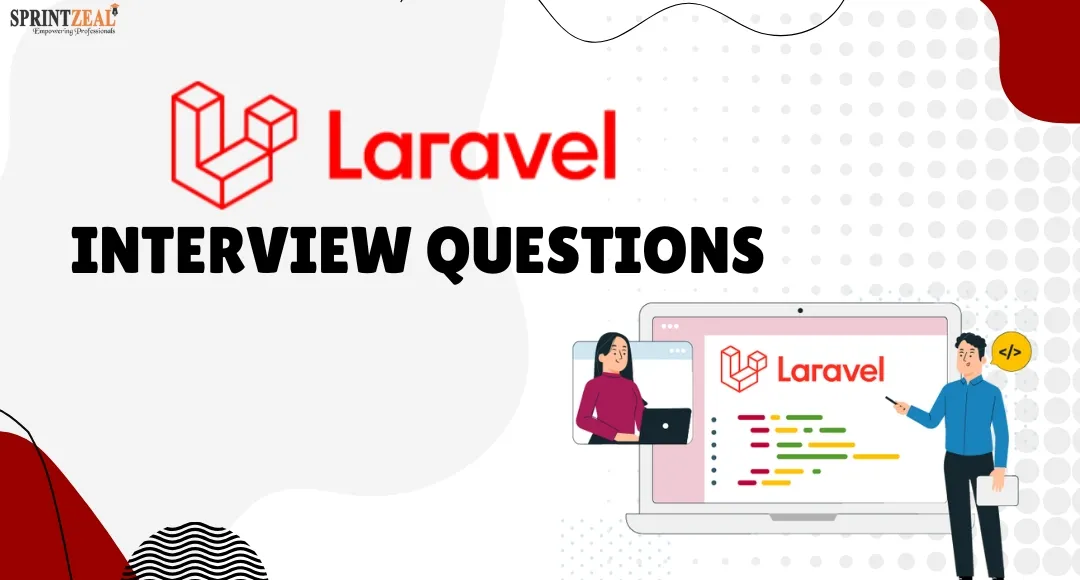Top 20 Microservices Interview Questions and Answers
-
 By Sushmith
By Sushmith
- Published on Dec 13 2022

Table of Contents
Introduction to Microservices
What is Microservice?
Microservices, also called Microservice architecture, are methods of approaches used for software development and application development. Microservice architecture is used in building and developing software that focuses on single module functions with multiple clearly defined operations.
Developers can use Spring Boot and Spring Cloud Framework to develop Microservices to develop the application software.
Suggested read: Spring Boot Interview Questions.
Microservices are loosely cooped. By this, the changes made by the second group would not result in the breaking down of the entire application. They benefit in helping developer teams build components and functions of the apps rapidly meeting all needs.
Here, developers work on developing individual fragments to make up an application in which they work independently but all together. All the fragments work together by serving tasks responsible to make up the app.
This Microservices interview questions article can help candidates ace their DevOps career paths with ease. The following are the level-wise division of most asked Microservices interview questions.
Microservices Interview Questions for Fresher’s

1) Brief about Microservices Architecture
Microservices Architecture is one of the applications architectural development style in which the applications are built as collections of small services built to serve business. The Microservices architecture helps computing all the individual services and helps making the entire program work collectively while these services work independently.
2) What are some of the advantages of using Microservices?
- Microservices can easily combine with other framework.
- They provide great support for small teams.
- Increased efficiency at a low cost.
- Easy maintenance.
- Increased Modularity.
3) What are client certificates?
The digital certificates that are used to make authentic requests to a remote server are termed as client certificates.
4) What is spring cloud?
Spring Cloud is one of the most commonly used integration software which integrates external systems and with cloud servers. This allows Microservices framework to design software applications that can perform data processing.
5) Name the common tools used for Microservices functionalities

- Wiremock
- Docker
- Hystrix
6) Why are Containers used in Microservices?
To help manage Microservice based application software, containers serve the most effective method of management. This helps in deploying individual services. The Dockers help in encapsulating Microservices together with its dependencies. The advantage is that the Microservices can use such elements without unnecessary efforts.
7) What is Docker? Why are they used?
Docker is a software platform that hosts the containers to deliver software in packages. Docker allows you to discretize your application packages from infrastructure which helps in delivering software quickly. With Docker, managing the infrastructure becomes the same as managing applications.
Microservices Interview Questions for Intermediates

1) Explain the concept of Semantic Monitoring
Semantic Monitoring is the method that is used for the application in identifying errors occurring in business processes. These methodologies also serve in providing a through overview about services and application performances.
2) What is the working of Actuators in Microservices?
- First, the application is fragmented into loosely coupled modules of which, each perform their independent functions.
- The Microservices are distributed across all data centers like the cloud center.
- By this, the fragments serving individual independent services can be formatted and replaces to edit without disrupting any other fragments of the rest of the application.
- Considering the requirements, Microservices architecture can design an application.
3) Do you consider that GraphQL is a good fit for developing microservice architecture?
Developers tent to make all the fragments of an application look like they connect through a single api. For such functionalities, GraphQL serves best for tasks that include splitting everything of an application into Microservices and to generate a single API source.
GraphQL helps you split up the microservices from the backend and still serves in generating a single API for the application. It also helps in connecting data of different services.
4) Explain the Blue-Green deployment technique in Microservices?
To reduce the downtime and the risks involved, a technique is used to run two identical environments. This technique is called Blue and Green.
In this technique, one production environment is kept live serving all the production traffic. In this case, blue is kept live while green is idle.
The final stage of testing takes place in the idling environment, which in this case is green. After performing all the testing parameters for the software, incoming request routers are completely switched to Green. Now blue will be idle and green will be live.
This allows developers and testers to switch back to the last live environment that is blue to switch back to the last updates if in case the parameters are not well performed.
5) Differentiate between Blue-Green Deployment and Rolling Deployment
Blue-Green Deployment is serviced with 2 production environments. At instance, source of the application is deployed in Blue making it live while the Green is ready for updating the changes. When the updates are completely switched to green, traffic will be directed to Green, making it live. With this, Blue can be kept as a backup until Green stays stable.
With Rolling Deployment, source of the application is deployed in the subset of a single environment and moves to other subsets after completion. With this, updating can be done with one complete production environment.
6) Describe the communication method of Independent Micro-Services
Independent Microservices communications depends of the project parameters. In most of the cases it is done by using a communication protocol. Developers widely use HTTP or Binary protocol.
7) What are Reactive Extensions?
Reactive Extensions, shortly termed Rx, is a design pattern that compiles responses by collecting multiple services’ results. These extensions serve their responsibility to publish their capabilities through a protocol.
Microservices Interview Questions for Experienced

1) Brief about OAuth Protocol.
OAuth (Open Authorization Protocol) is a protocol that enables users to authenticate with third-party service providers like GitHub, to access client applications. Using this protocol also allows users to share resources on one site with other sites without their credentials.
2) How do you define "Distributed Transaction"?
In Distributed Transaction, the transactions are distributed to multiple services that complete a transaction in a described sequence. It is incredibly complicated and prone to failure because there are so many moving parts.
Since this approach is now outdated, developers are more likely to face issues with server stability.
3) Describe the Microservices Architecture's service discovery implementation process.
Out of all the ways to setup service discovery, Netflix’s Eureka is most suggest since that does not make the application contain more unnecessary data. Annotations from spring cloud are also provided to make it as simple as possible.
4) Describe Load Balancing in Spring Cloud
In big organizations, managing multiple computer resources was a time consuming task. Load balancing helps in optimizing the resources used and maximizing the output by distributing the work. Netflix Ribbon is used to implement load balancing in Spring Cloud.
5) What is the main role of Docker in Microservices?
Docker is used to host any application through a container environment. Docker creates containers by tightly packing the application and their dependencies that supports Docker containers. With this, managing and contai8ning Microservices become more easy.
6) How do you ensure data consistency?
First, API is to be allowed to perform changes to database of Microservices. The service holding the data should indicate other services about the changes in data to update the local state. To maintain consistency, API calls help pull the data whenever necessary instead of maintaining a local state of data.
Conclusion
To make sure that the candidates can find alternatives to solve issuers related to web based application development, organizations consider testing candidate’s caliber and the field of knowledge across all alternatives.
Resources like Microservice interview questions, Spring Boot interview questions, HTML5 interview questions, and other similar sources help you gain understanding on questions asked in interviews for Software Developer roles and Application Developer.
Spring Boot and Spring Cloud Framework is used to develop Microservices to develop the application software. This helps in maintaining a clear map on organizing dependencies of services.
For the benefit of the development community, a collection of interview questions for Microservices was carefully compiled. We sincerely hope that these Microservices Architect interview questions will be useful for your interview.
To learn more and for better understand about web-based application development and Microservices applications in Web-application development, enroll to Sprintzeal's Full Stack Developer Master Program certification training.
Do visit Sprintzeal's official website or Sprintzeal's all courses page to explore more related courses or any courses of your preference.
Popular Programs
Trending Posts
Linux Interview Questions and Answers 2026 (UPDATED)
Last updated on Aug 24 2022
Spring Interview Questions With Answers (2026)
Last updated on Sep 26 2025
Understanding APIs: What You Need To Know
Last updated on Jul 30 2025
What Is HTML5?
Last updated on Jan 22 2026
Laravel Interview Questions and Answers for Successful Preparation
Last updated on Nov 24 2025
Top AngularJS Interview Questions and Answers (Freshers & Experienced)
Last updated on Sep 5 2025
Categories
- Other 81
- Agile Management 48
- Cloud Computing 58
- Project Management 175
- Data Science 70
- Business Management 89
- Digital Marketing 88
- IT Service Management 36
- Programming Language 61
- AI and Machine Learning 94
- IT Security 113
- Quality Management 78
- IT Hardware and Networking 27
- Microsoft Program 5
- Workplace Skill Building 15
- Risk Management 10
- Information Security 8
- Leadership and Management 10
- Corporate Training and Development 1
Trending Now
Top 25 Java Interview Questions and Answers in 2026
ArticleJIRA Software – Uses, Purpose and Applications
ArticleJava Interview Questions and Answers 2026 (UPDATED)
ArticleLinux Interview Questions and Answers 2026 (UPDATED)
ArticleTop Docker Interview Questions And Answers 2026
ArticleSQL Interview Questions and Answers 2026
ArticleKubernetes Interview Questions and Answers 2026
ArticleLatest HTML Interview Questions and Answers 2026
ArticleC# Interview Questions and Answers - UPDATED 2026
ArticleHTML 5 Interview Questions and Answers 2026
ArticleJAVA Scanner Class Guide 2026
ArticleTop React Interview Questions and Answers
ArticleBest Python Interview Questions and Answers 2026
ArticleTop Tableau Interview Questions and Answers 2026
ArticleTest Manager Interview Questions and Answers for 2026
ArticleMost Trending Programming Languages in 2026
ArticleGuide to Becoming a Salesforce Developer
ArticleWeb Developer Certifications Trending in 2026
ArticleProgramming Certifications that Pay Well
ArticleTop 5 Python Certifications - Best for 2026
ArticleOOPs Interview Questions and Answers
ArticleTop Git Interview Questions and Answers [Updated 2026]
ArticleManual Testing Interview Questions and Answers 2026
ArticleJavaScript Interview Questions and Answers 2026 (Update)
Article15 Spring Boot Interview Questions and Answers (2026 Update)
ArticleBest Programming Language to Learn in 2026
ArticleOOPs Concepts in Java: Basics, Characteristics and its Examples
ArticleTop Oracle Interview Questions and Answers
ArticleTop MongoDB Interview Questions for 2026
ArticleHow to Become a Full-Stack Developer: A Step-by-Step Guide
ArticleTest-Driven Success: How Jenkins Turns TDD into a Breeze!
Article10 Best Mulesoft Integration Service Providers in 2026
ArticleHow to Become a Laravel Developer in 2026: A Step-by-Step Roadmap
ArticleCan Low-Code Platforms Really Save Time and Costs in IT Projects?
Article5 Programming Languages That You Should Learn
ArticleUnderstanding LMS: The Go-To Guide
ArticleUnderstanding APIs: What You Need To Know
ArticleJava OOPs Interview Questions and Answers (2026)
ArticleTop AngularJS Interview Questions and Answers (Freshers & Experienced)
ArticleTop Mobile Testing Interview Questions and Answers for 2026
ArticleAndroid Interview Questions 2026
ArticleSpring Interview Questions With Answers (2026)
ArticleShell Scripting Interview Questions
ArticleHibernate Framework Interview Questions and Answers (2026)
ArticleLatest LINQ Interview Questions and Answers for Freshers & Experienced
ArticleComprehensive PHP Interview Questions and Answers for 2026
ArticleTop jQuery Interview Questions and Answers (2026 Guide)
ArticleHow to Select a Rust Development Company with Expertise in Cloud and Embedded Systems?
ArticleMaster Node.js: Your Ultimate Interview Preparation Guide for 2026
ArticleLaravel Interview Questions and Answers for Successful Preparation
ArticleTop Development Companies for Logistics and How to Choose the Right One
ArticleHow to Become a Python Developer: Master Key Skills & Explore Career Paths
ArticleHow to Become an SQL Developer: A Complete Step-by-Step Guide
ArticleWhat is Full Stack Development? Understanding the Basics and Beyond
ArticleHow to Become a UI/UX Designer
ArticleSoftware Developer Job Description: Key Roles, Skills and Responsibilities
ArticleTop Tech Skills You Need to Succeed in the Future
ArticleWhat Is JavaScript? Definition, Meaning, Uses & How It Works
ArticleWhat Is HTML5?
ArticleWhat Is DevOps? A Complete Guide to DevOps Principles, Tools, and Benefits
Article








